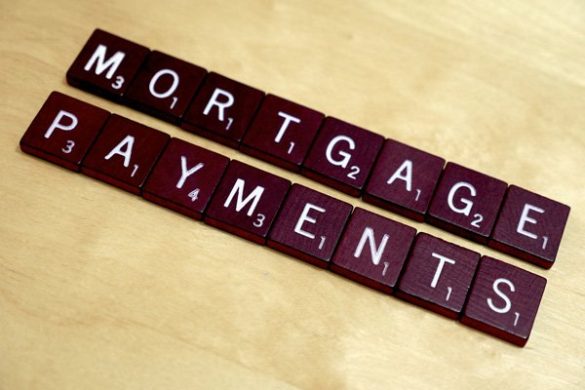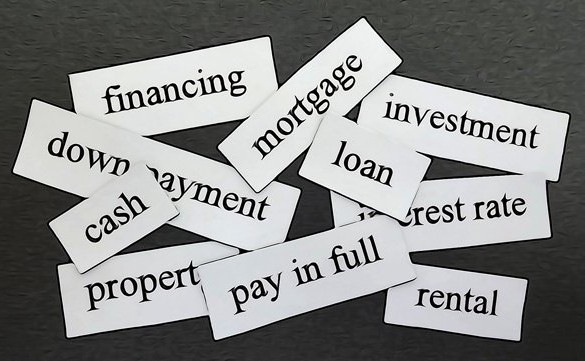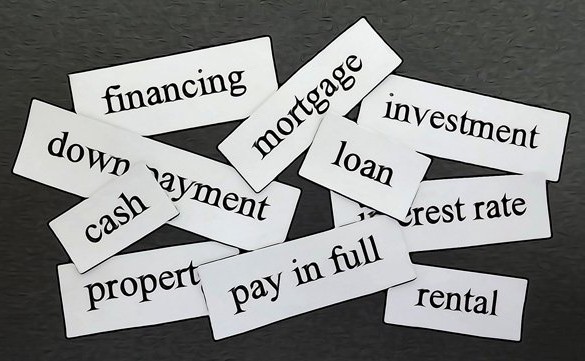
Reverse mortgage loans help senior citizens, i.e. people who are 62 years and above, to access their home’s equity to supplement their retirement income. It offers seniors several benefits to help them improve their lives after retirement. Before discussing about the benefits, let’s first understand how a reverse mortgage works.
Simply put, it allows a senior homeowner to borrow equity, and instead of paying the lender, it’s the lender who makes the payments to the borrower. Payments are made in the following ways:
- Paying a lump sum amount
- Periodic payments via a line of credit
- Monthly payments till the time a borrower occupies the property
- Combination of the above
This program is available to all homeowners. So, read this article to learn how it is beneficial for you.
Retain Complete Ownership of Home
The greatest benefit is that you are the owner and can control what happens to your property. To put things simply, you have all the responsibilities and benefits of owning the home. However, it’s important that you keep paying the property taxes and insurance. Once you get 100 percent of the equity after the loan is settled, you are free to sell your home any time you like.
No Repayment is Necessary as Long as You Stay
A reverse mortgage is a one of a kind loan enabling you to convert the equity in your property into cash. Instead of making mortgage payments on a monthly basis, no payments become outstanding as long as you stay in your property. Under this program, the amount of equity paid out increases with time and is paid off when you, or your beneficiaries sell your home.
Safe and Secure
If your reverse mortgage is government insured, then it’s completely safe and secure. This implies that there are no chances of a foreclosure if one fails to make monthly payments. That’s because no monthly payments are expected from you.
The Federal Government is beside you and ensures that you get all scheduled payments. As a result of the government insurance, if you opt for a line of credit, you face no risk as to the withdrawal of the available credit line. On the contrary, as far as a home equity line of credit is concerned, your bank can actually lessen or close the funds available at any time.
No Credit Score Requirement
Since you are not required to repay as long as you live in your property, your credit score is not considered as part of your eligibility to qualify for the reverse mortgage. This is more advantageous than other options in which income and credit score and ability to repay the loan are all factors for an approval.
Tax less Funds
Another benefit is that you get non taxable funds as long as you stay in your home. The funds are based on the equity in your property and are not earned income, and so are non-taxable. You can get in touch with a tax consultant to get comprehensive information pertaining to taxes.
If you have any further questions, you can consult your local mortgage loan officer/ agent near you.










